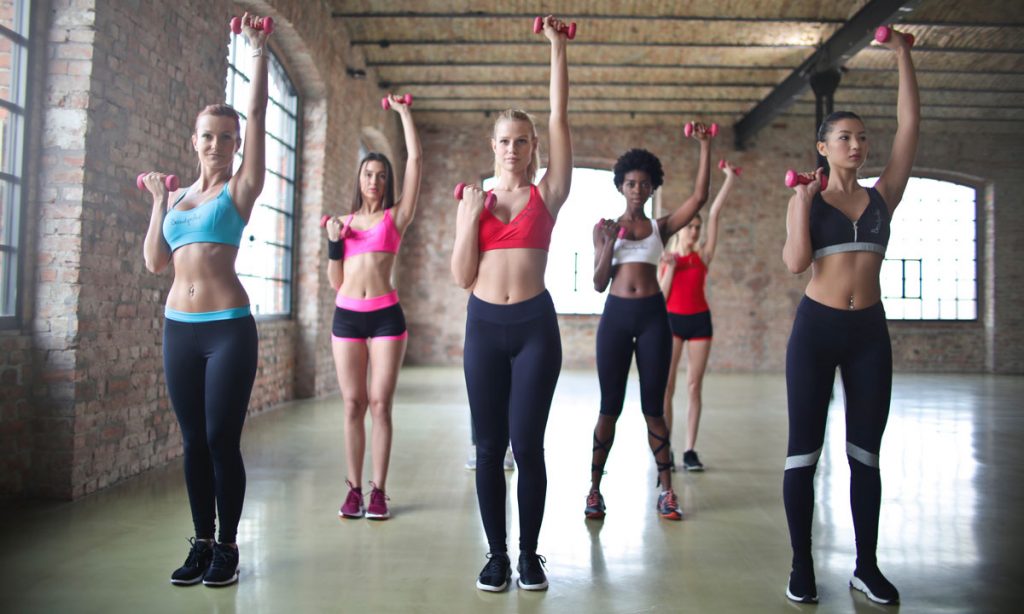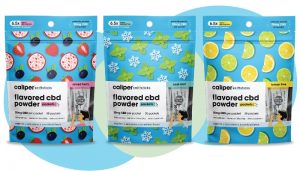One subject on which the generations definitely agree, however, is their mutual appreciation for and enthusiastic use of cannabis, according to a new study by U.K.-based Verilife, which hosts dispensaries n six U.S. states.
Even that appreciation, however, dissolves into generational differences, Mehul Patel, COO of Verilife’s parent company PharmCann, told LeafReport. “Cannabis bridges the generational divide,” Patel said. “Our recently commissioned Verilife study shows baby boomers are twice as likely as millennials to look to cannabis for medical purposes; and relaxation is the top reason for consuming recreationally for both generations.”
The study surveyed 1,000 millennials ages 24 to 39 and 1,000 boomers ages 56 to 74, from late May through early June. Among its more findings:
49 percent of millennials consume for recreational purposes versus 28 percent of boomers. Boomers however are twice as likely to use marijuana solely for medical reasons.In the medical category, uses have age distinctions. Millennials’ main purposes are to combat chronic pain migraines and nausea while boomers use medical marijuana for arthritis, chronic pain and cancer.In the recreational category, relaxation, anxiety and social reasons are the motivations cited by both groups.For time of day, boomers are twice as likely to use cannabis in the morning, while millennials more likely to choose the evening.Both generations spend an average of $76 a month on cannabis but in this current Covid-19 era that monthly expenditure on average has increased by $27.Also during Covid, 44 percent of boomers say they’ve been using more cannabis, while 36 percent of millennials report such an uptick.
In terms of the differences in uses cited, medical use broke down to 22 percent for millennials, versus 50 percent for boomers.
Percentages of use by the two groups included: millennials and chronic pain, 27 percent, as well as migraines, 13 percent; and boomers and arthritis, 15 percent, and chronic pain, 13 percent. Boomers (60 percent) were much more likely than millennials (46 percent) to talk to a doctor before embarking on usage.







